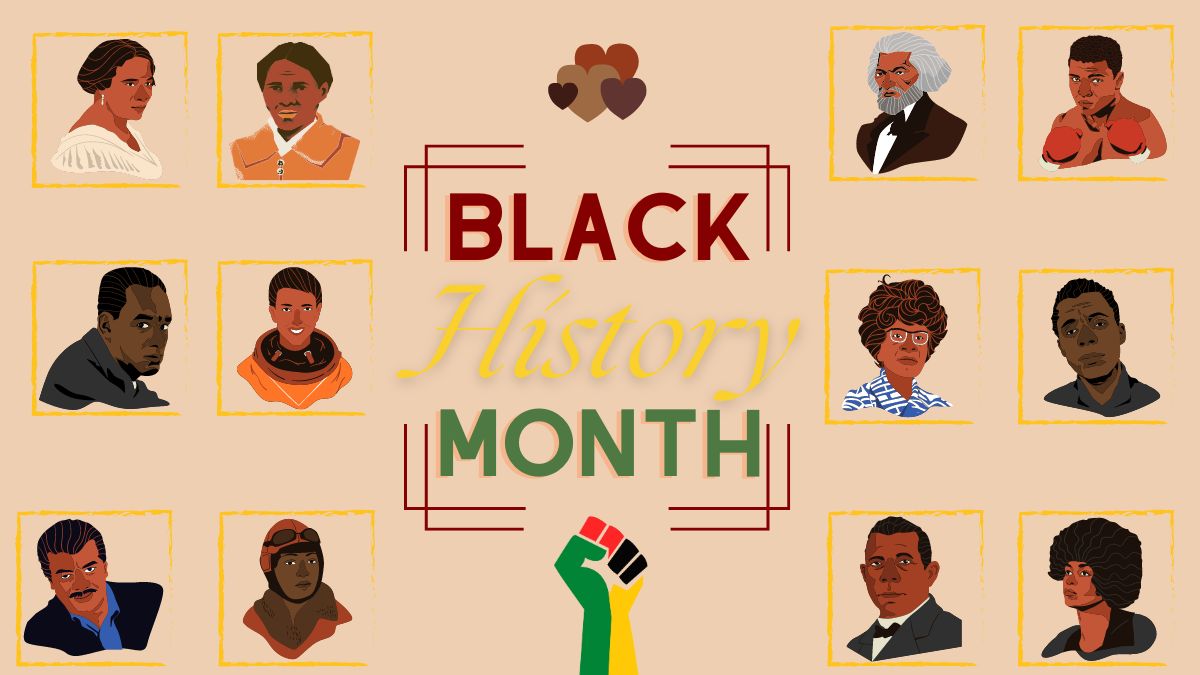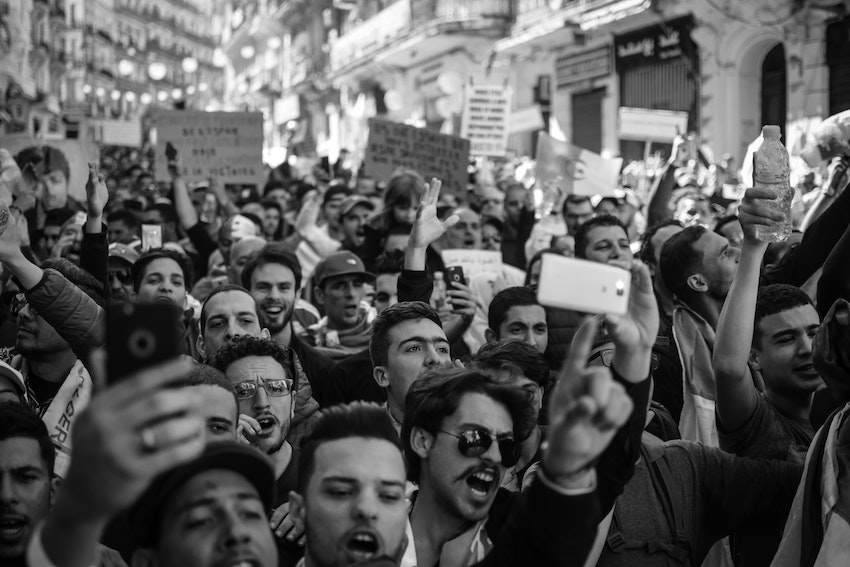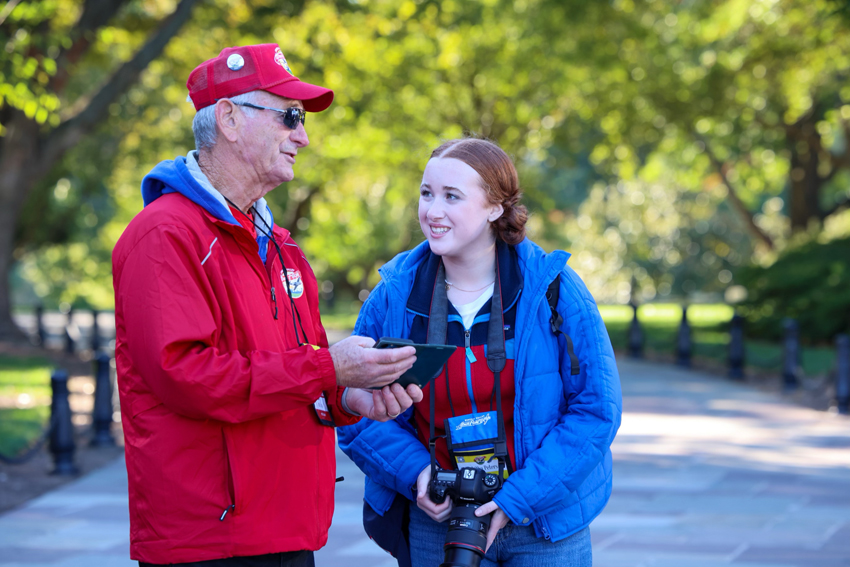Youth take action against climate issues, raise controversy

Four teenage African American boys sat at the Greensboro, N.C. Woolsworth lunch counter, protesting racial discrimination, 1960. Thousands of students gathered in Tiananmen Square, Beijing to protest corruption in the Communist Party, 1989. Spurred by the killing of an African American boy, students flooded the street of Ferguson, MO, initiating the Black Lives Matter movement, 2014.
In all of these crises in history, one thing has been made abundantly clear: student voice and action is drawing millions of people to respond.
From helping to pave the way for the Civil Rights Act of 1964, to being slaughtered for their opinions, students all over the world are proving the validity of their views. Through national leaders like climate change activist Greta Thunberg to local influencers like Yasmin Menodza, March For Our Lives Fresno founder, students are finding their voice and discovering the impact they have now more than ever.
Drawing inspiration from past leaders and looking ahead to the issues facing the world today, today’s youth are speaking out and gathering millions for their cause.
Students like Thunberg and global environmental activist Lilly Platt are addressing this question. Thunberg’s recent speech at the UN Climate Action Summit 2019 and Platt’s efforts to stage a global climate walkout, Sept. 20, show that while many world leaders discuss progress, students are taking action toward it.
Writing for The Tribune, Ainee Shehzad Salima states that “by increasing student voice in schools, we succeed in mobilising students, who can help initiate and implement educational change”.
As Generation Z grows and develops in the digital age, their influence on the world increases. Giving students a voice in schools and on public platforms allows them to impact the world they will inherit.
The following tweet features The Feather Editor-in-chief Addison Schultz interviewing Fresno State professor and Tatarian Journalism Chair, Tim Drachlis. Drachlis spoke on the importance of student voice and working to find the truth, Sept. 30.
Editor-in-chief Addison Schultz interviews Fresno State Tatarian Journalism Chair @TimDrachlis about the importance of student voice, Sept. 30. Check https://t.co/N8BCmuGbRO later this week for an article about @newsengagement featuring Drachlis’ interview! #NewsEngagementDay pic.twitter.com/UW4A2k8eWH
— The Feather Online (@thefeather) September 30, 2019
While the digital age makes global outreach and social media impact possible, it also paves the way for hate and online abuse. Youth who choose to speak out on climate or race issues face online attackers and media trolls. On one occasion, Platt’s tweet speaking out against Amazon deforestation resulted in her social media feeds being flooded by pornography spam and abuse.
The assault on student activism is nothing new. But as we look back on uprisings like the Velvet Revolution, 1989, or the response to the Parkland shooting, 2018, a glimmer of hope is shining through. From Joan of Arc to Malala Yousafazi, young people are willing and able to speak up. They are taking action in their communities and it is affecting the way people view humanity.

There are many that denounce the role of students in public discussion. World leaders and even students’ peers malign the effect young people have on their communities.
They call them to educate themselves more thoroughly on topics that have global impact; while others dismiss their opinions solely based on age. While education is vital to common discourse, the opinion of students paired with facts impacts communities worldwide as proven over the last couple of centuries.
Students have a responsibility to educate themselves and their peers about the issues impacting the world today and the future. They have a responsibility to speak out on topics that merit public discussion and concern their long-term future.
Whether or not you agree with Greta Thunberg or believe in the climate crisis, these issues facing the world cannot be left in the dark forever. Crises are emerging in the form of racial strife, climate controversy and social discrimination. When students stand up and speak out for the world they are to inherit, the world begins to change.
It starts with a voice. Go out and use yours to call others to action.
For another editorial, check out EDITORIAL: Role models guide, influence teens through actions. For another article, read Disneyland’s Star Wars: Galaxy’s Edge opens to public, receives mixed reviews.







